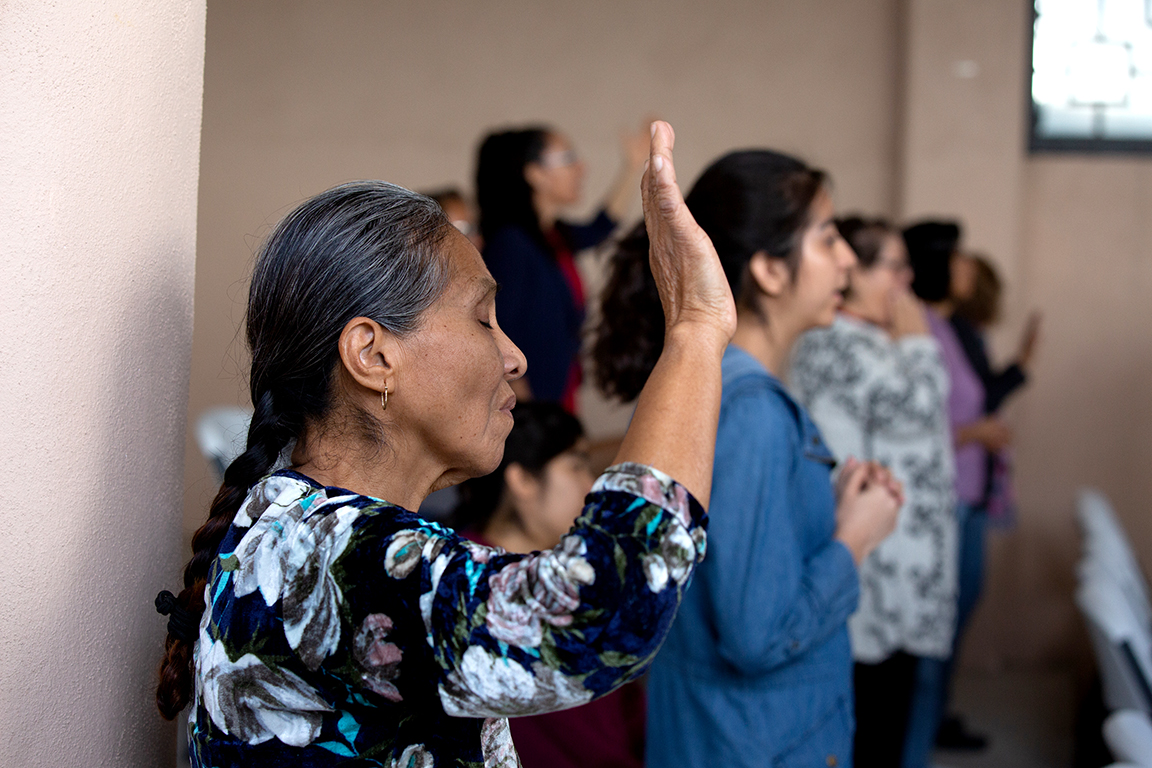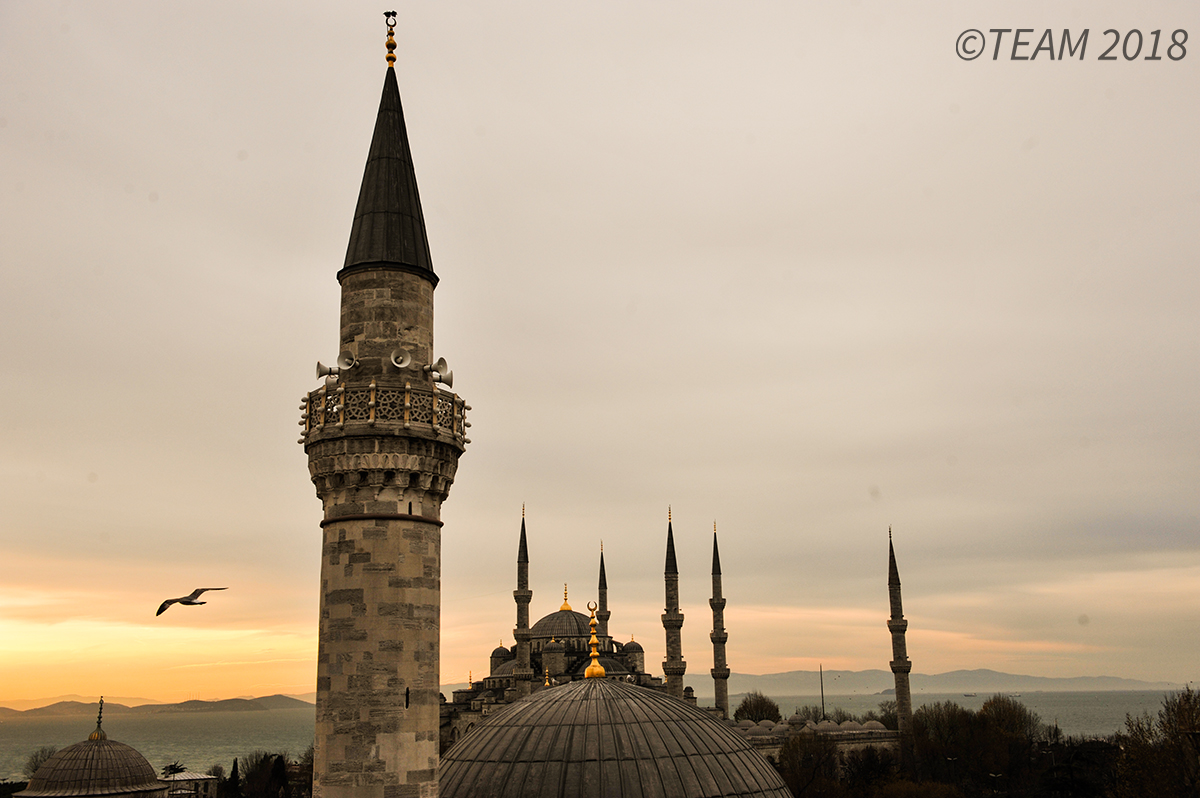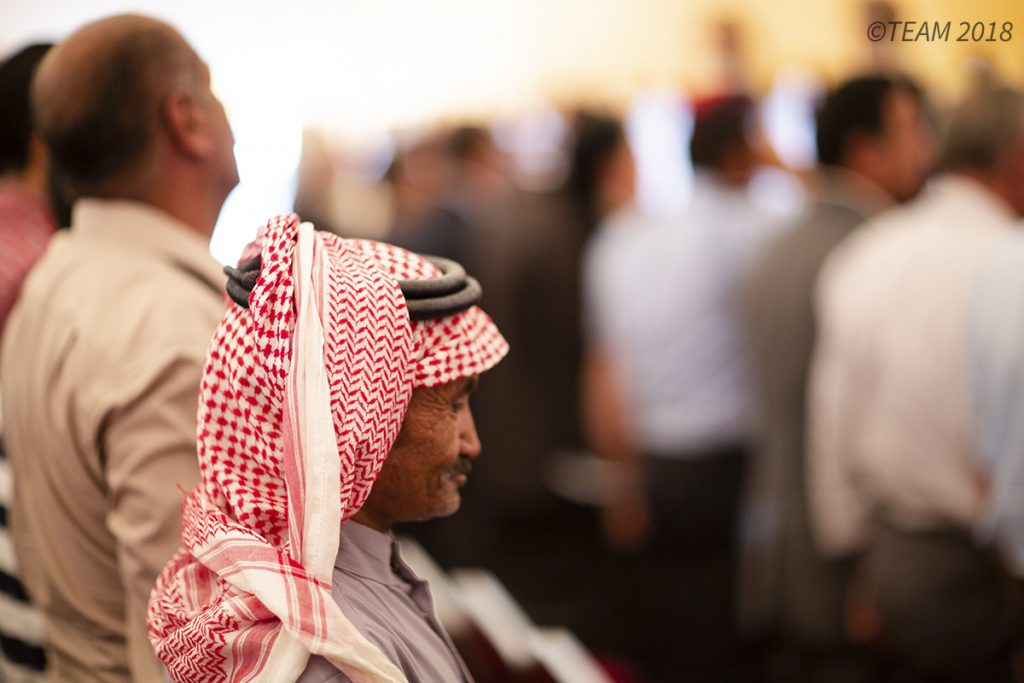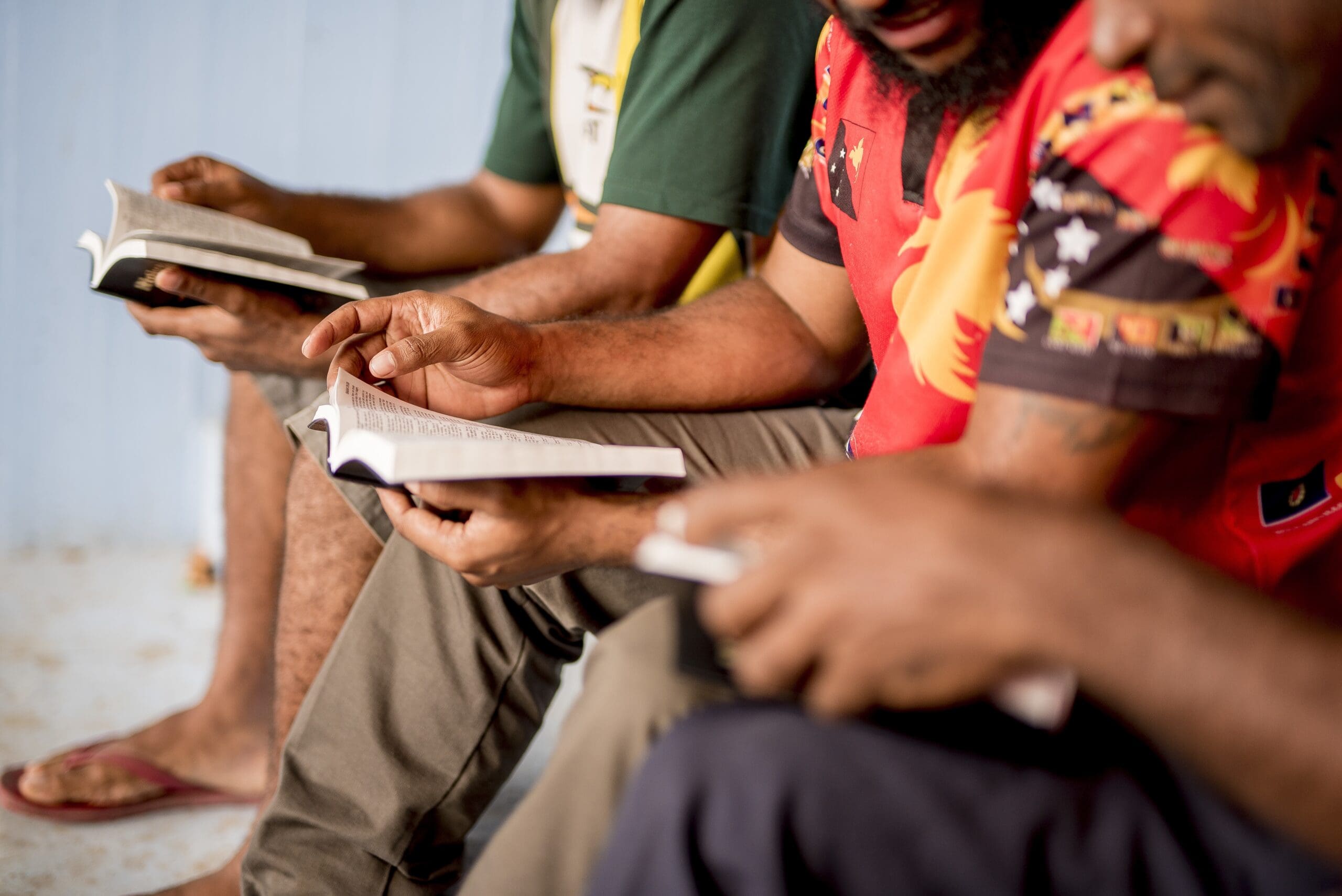
Missions Resources
3 Keys to Muslim Ministry — and Their Pitfalls
January 29, 2019
by Mark Watson

Today’s blog post comes from a missionary working in the Middle East. For his safety, we have kept his name and location private.
In 1987, my wife and I got a call asking if we would like to help new university students coming from the Middle East. We were excited for the opportunity as we were already preparing to work among Muslims in Central Asia.
Before long, we were inviting Muslim students to our home, taking them out to shop, and helping them adjust to life in the U.S.
One day, while at a large grocery store, we passed in front of the meat section. Suddenly, one of the students asked me if I ate pork.
I stumbled in replying, knowing pork was taboo for Muslims. I prayed and then said, “What goes into someone’s mouth does not defile them, but what comes out of their mouth, that is what defiles them.”
I thought, Great answer. But he only looked at me and said, “So you do eat pork.”
I never saw him again. I had a lot to learn.
Now, after over 30 years of ministry to Muslims, I’ve learned a lot — through mistakes but also through successful approaches we learned through the years.
When we first began to work among Muslims, we lacked resources. Today, there are large numbers of books, articles, seminars on how to reach Muslims.
I’ve reduced these many approaches into three specific areas, which I call AMP: apologetics, methodology and presences. Let’s see how these approaches can help us — and observe the possible pitfalls we should avoid.
Apologetics: a Way of Reason and Dialogue
In Acts 17:17, we see Paul “reasoned” with those in the synagogue. In order to effectively do this, Paul needed a deep understanding of both the Jewish teachings and the Greeks’ beliefs.
Today, we also need to approach Muslims with knowledge of their doctrinal and local beliefs. We may not all be scholars, but our knowledge of Islam is a sign of respect. It shows that we took the time to study and know what they believe.
Knowing Islam also prepares us to respond to the objections Muslims have to Christianity. In 1 Peter 3:15, Peter writes says, “Always be prepared to give an answer to anyone who asks you to give a reason for the hope that you have.”
Many times, Muslims will ask why we hold certain beliefs. We should be able to give a gentle answer within the context of what a Muslim already understands.
Possible Pitfalls
A trap when using apologetics can be an over-reliance on using the Qur’an or Islamic teachings. There are many verses in the Qur’an about Jesus — but there are more verses opposing central Christian doctrine.
Over-emphasizing the Qur’an can also lead to our seeming approval of its message. Once, when I had shown a Muslim several verses about Jesus in the Qur’an, the listener told me I should be a Qur’anic teacher. That was not the conclusion I had in mind!
Yet, prayerfully and skillfully we can discuss with our friends the truths God has given us.

Missionaries often use similarities in the Qur’an to point Muslims to Christ. But we must be clear that our holy books are far more different than they are alike.
Methods: a Way to Reach Out
In my 30 years of Muslim ministry, I’ve read countless books and articles and gone to many seminars and conferences on new approaches to witnessing to Muslims. The creators of these new approaches show us their numerical success, proving God’s hand.
These various methods, such as the CAMEL method, disciple making movements, and even the insider approaches have opened wonderful discussions and debates, helping us learn and try new things. Many workers go to the field with more tools, knowledge and confidence than ever before.
One method we’ve seen success with is in seeking the “man of peace.” This approach is found in Luke 10, when Jesus sends the disciples in pairs to spread the Good News of the Kingdom of God.
After my team and I moved to one city, we began asking God to connect us to men and women of peace who would be the catalyst for a discipleship and house church movement. The Lord soon connected us to a number of these people. Within two years, we saw multiple cell groups spring up around the city.
Possible Pitfalls
The pitfalls in using methods can be over-reliance on a one particular method and an expectation of instant results.
A method may see success in one community, but it’s not always the silver bullet. Many workers have left a field discouraged for not seeing results. In our over-reliance on methods, we can miss the guidance and power of God’s Spirit.
To avoid such pitfalls, we need discernment and wisdom. This comes through prayer, seeking the guidance of the Holy Spirit, and consulting with other workers who have been in the field and understand the culture.

When it comes to Muslim ministry — and most other ministries — there is no silver bullet. We must constantly seek the Holy Spirit to see how God wants to move through us.
Presences: a Way of Witnessing
The last of these approaches is incarnational ministry, or what I like to call “presences.” This is workers living their everyday lives in a community of Muslims.
In presence, missionaries face great demands to learn a new language (or languages) and try to understand a different worldview and culture. However, in doing so, we can find acceptance and openness. It helps us fill needs in the community, as well as allowing these communities to help us.
In living among a community, we have seen God speak to Muslims through dreams and open opportunities to pray and see healings.
While we taught at English school, Muslim students saw our lives every day. After building relationships and trust, we found opportunity to share Christ and answer many of their questions about our beliefs. One of our largest house churches came from one of our students who took home a Gospel book and decided, with his family, to follow Christ.
Possible Pitfalls
However, this, too, has some pitfalls we can easily fall into. One of these is the over- contextualization of the Gospel or lives of the worker.
Contextualization is good, but when overused, syncretism forms, blurring the Gospels and dimming the light God’s Truth.
In some areas, especially where I work, a pattern of fear can also overcome the worker. One may fear that if we share the Gospel, people will reject us or we’ll offend the people we’ve grown close to.
While we should contextualize the Gospel and our lives in the local community, we need to allow the emerging community of local believers to guide the direction of contextualization. We’ve found that local believers are much bolder in sharing the Gospel and wiser in balancing life as followers of Christ within their own context.
Our Ultimate Source of Power
I could give many more examples of each of these approaches. However, in witnessing to Muslims, there is one critical lesson we can learn from AMP: Amp is also the abbreviation for amperage, which is the strength of electrical current.
Witnessing to Muslims is like amperage. Electricity is the source and power of amperage, and the Holy Spirit is our source and power. In Him, we have the strength and wisdom to bring the message of God to the Muslim people.

